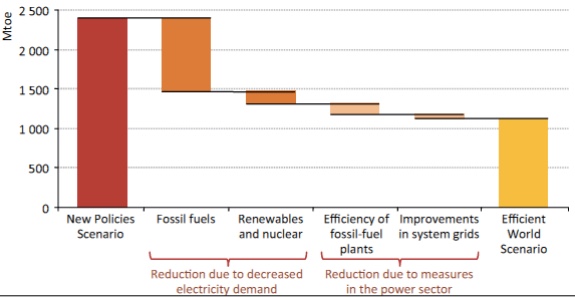
Knowledge Center
We believe that sharing our expertise and collaborations in clean energy policy is how real, effective change happens.
From reports and policy briefs, to webinars and podcasts—RAP advisors have built an extensive collection of resources providing in-depth analysis and practical solutions to today’s energy challenges.
Filter >>
Content Filter:
The result of a comprehensive stakeholder-driven “roadmap” exercise, this report seeks to answer the question: “How must the Indian power system evolve if India chooses to put renewable electricity at the core of the future system, rather than at the… View Summary +
The advent of smart meters and the additional data they provide means that utilities can consider expanding the use of demand charges to residential customers. However, great caution should be applied when considering this option, as severe cost shifts may… View Summary +
Time and again statements asserting that high penetrations of clean energy resources like energy efficiency and renewable energy could endanger electric system reliability have proven false. We refer to these assertions collectively as “playing the reliability card” against clean energy. View Summary +
The Energy Union Communication expected in February 2015 provides the opportunity to bring together the leading dimensions of European energy policy to drive the transition to an integrated, secure, competitive, and sustainable energy sector. To meet these goals, it is… View Summary +
This policy brief provides a side-by-side comparison of Sections 110 and 111(d) of the Clean Air Act and highlights the significant differences in requirements for state compliance plans under each section. The authors distinguish between U.S. Environmental Protection Agency’s (EPA)… View Summary +
Energy efficiency is a cost-effective, multi-pollutant strategy for addressing air quality, but is rarely utilized to meet air quality standards in the United States. This policy brief provides state air quality regulators and the U.S. Environmental Protection Agency (EPA) with… View Summary +
This study reveals once again the crucial role that energy efficiency programmes must play in order to maximize the effectiveness of the EU Emissions Trading Scheme (ETS) to meet Europe’s energy, economic, and environmental goals. The ETS is an important… View Summary +
从全球来看,电力行业的排放占能源相关排放的比例高于三分之一,占煤炭消费的比例高于三分之二。无论监管程序、决策还是机制,均会对电力行业的投资、运作和排放量产生复杂而微妙的深远影响。尽管监管的许多方面并未明确旨在解决气候或环境问题,但其仍能对排放产生巨大影响。因此,… View Summary +
Power systems in China evolved in response to economic, social, and political forces that were very different from those in other countries. Many of these practices — designed around rigid, long-term planning for heavy industrial demand and baseload coal generation… View Summary +
Energy efficiency (EE) stands out among capacity resources in its ability to offer economic and social benefits at least cost, as well as its accessibility to all segments of the market. But commercial development of EE has lagged this potential. View Summary +
Achieving Europe’s low-carbon goals while maintaining a competitive and secure power system requires a refined market designed to drive transformation at least cost. The Pentalateral Energy Forum, an initiative of Austria, Belgium, France, Germany, Luxembourg, the Netherlands, and Switzerland, is… View Summary +
تم إعداد هذا التقرير ضمن مشروع للبنك الدولي حول كفاءة الطاقة في منطقة الشرق األوسط وشمال افريقيا، ويتضمن دراسات حاالت مف ّصلة وآليات تنظيمية تم تطبيقها في ستة دول ومناطق لتمكين الشركات من مساعدة زبائنها فيما يتصل باستخدام الكهرباء بكفاءة… View Summary +
This report, produced for a World Bank project on energy efficiency in the Middle East and North Africa (MENA) region, includes detailed case studies of policy and regulatory mechanisms implemented in six countries and regions to enable utilities to assist… View Summary +


